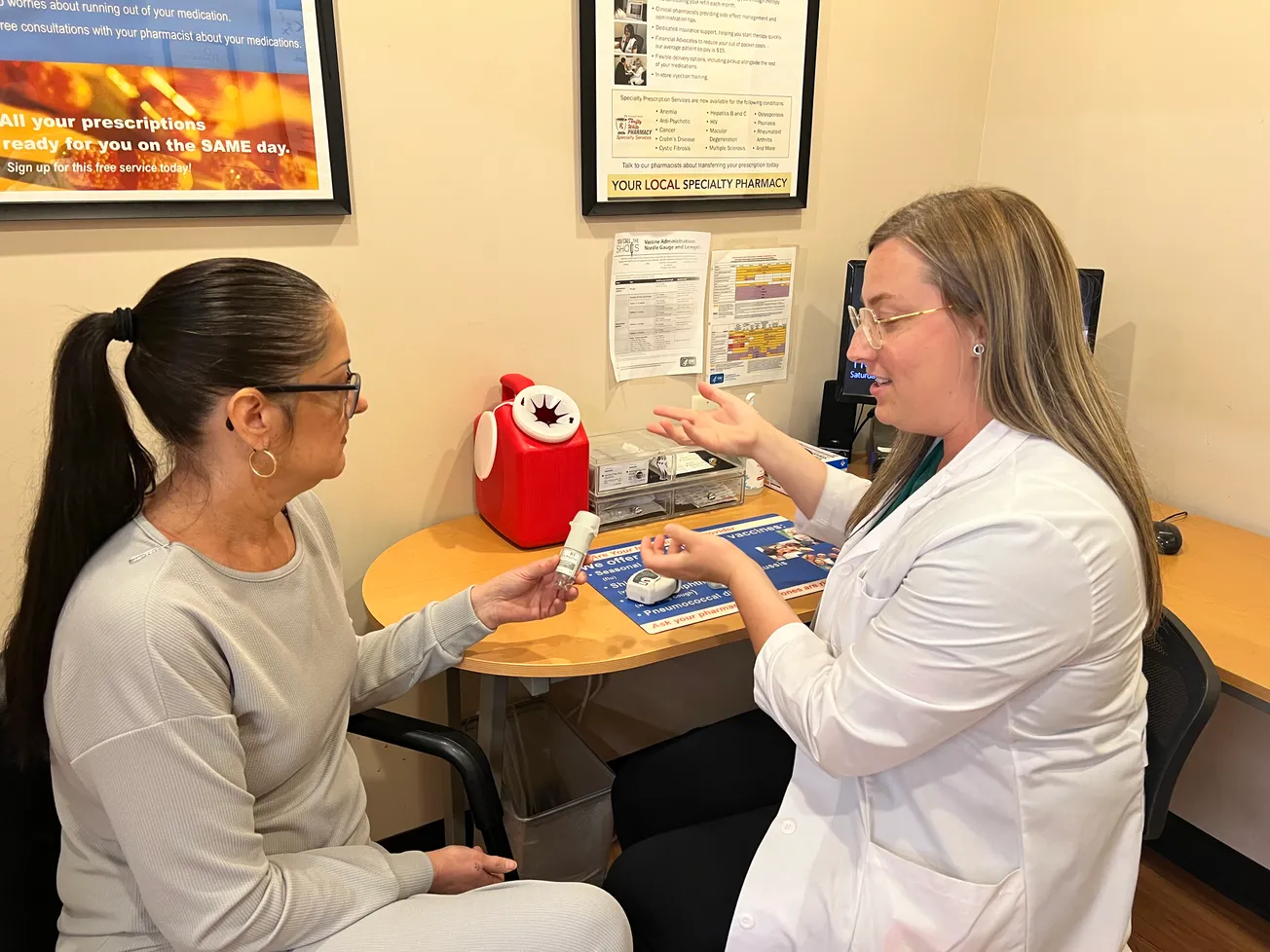Table of Contents
WILMINGTON, Del. — AstraZeneca reported that the Court of Appeals for the Federal Circuit has upheld a decision of the U.S. District Court in Delaware that the substance patent protecting its cholesterol-lowering drug Crestor is "valid and enforceable."
The pharmaceutical company said Friday that the RE37,314 patent (‘314 patent), which expires in 2016, covers rosuvastatin calcium, the active ingredient in Crestor.
According to AstraZeneca, the defendants may seek a rehearing and/or review by the U.S. Supreme Court.
Barring a reversal of this decision, none of the Abbreviated New Drug Applications (ANDAs) filed by Apotex, Aurobindo, Cobalt, Glenmark, Mylan, Par, Sandoz, Sun, Teva and Torrent may be approved by the Food and Drug Administration before the ‘314 patent lapses, AstraZeneca said.
The company added that the Federal Circuit Court also held that Apotex was liable as a submitter and is bound by the District Court’s decision.
AstraZeneca said the case began in 2007, when nine generic drug makers filed ANDAs along with Paragraph IV certifications of noninfringement, invalidity or unenforceability with respect to the Crestor ‘314 substance patent. AstraZeneca and Shionogi, the owner of the ‘314 patent, filed patent infringement lawsuits against eight manufacturers — various parent or subsidiary entities of Apotex, Aurobindo, Cobalt, Mylan, Par, Sandoz, Sun and Teva — which had challenged the ‘314 substance patent.
Those suits were consolidated by order of the Judicial Panel on Multidistrict Litigation and tried in the U.S. District Court in Delaware. The trial started on Feb. 22, 2010, and ended on March 3, 2010.
In June 2010, AstraZeneca said, the U.S. District Court in Delaware found the ‘314 patent valid and enforceable and infringed by the eight generic defendants.
Crestor is indicated to lower cholesterol and triglycerides, reducing levels of "bad" cholesterol (low-density lipoprotein, or LDL) and triglycerides in the blood while raising levels of "good" cholesterol (high-density lipoprotein, or HDL). The medication is intended to lower the risk of stroke, heart attack and other heart complications in people with diabetes, coronary heart disease or other risk factors.








